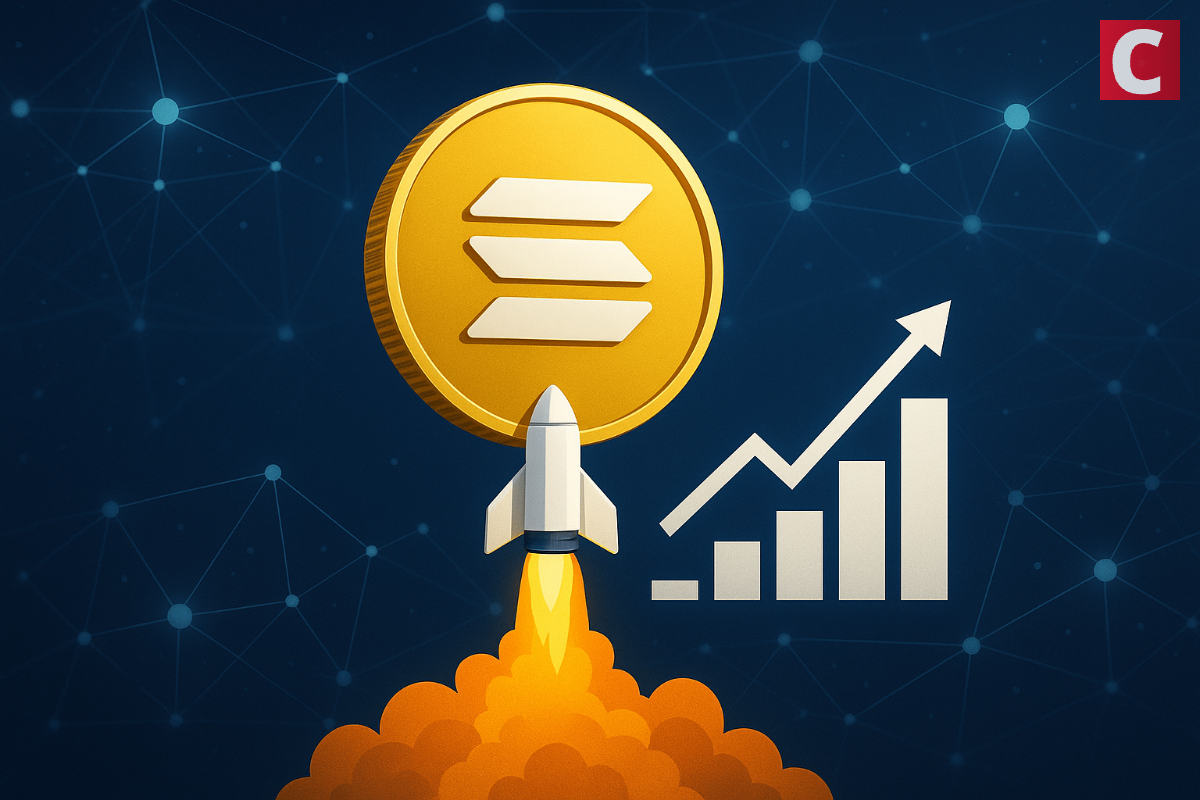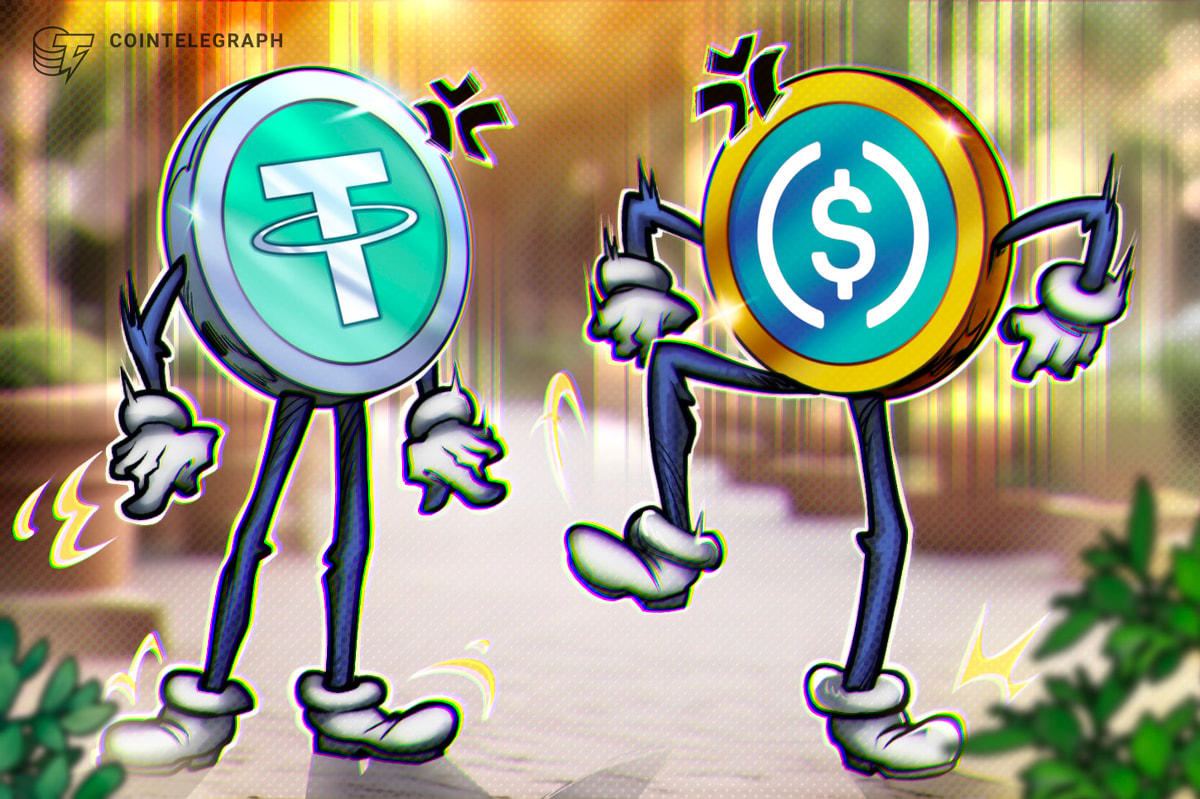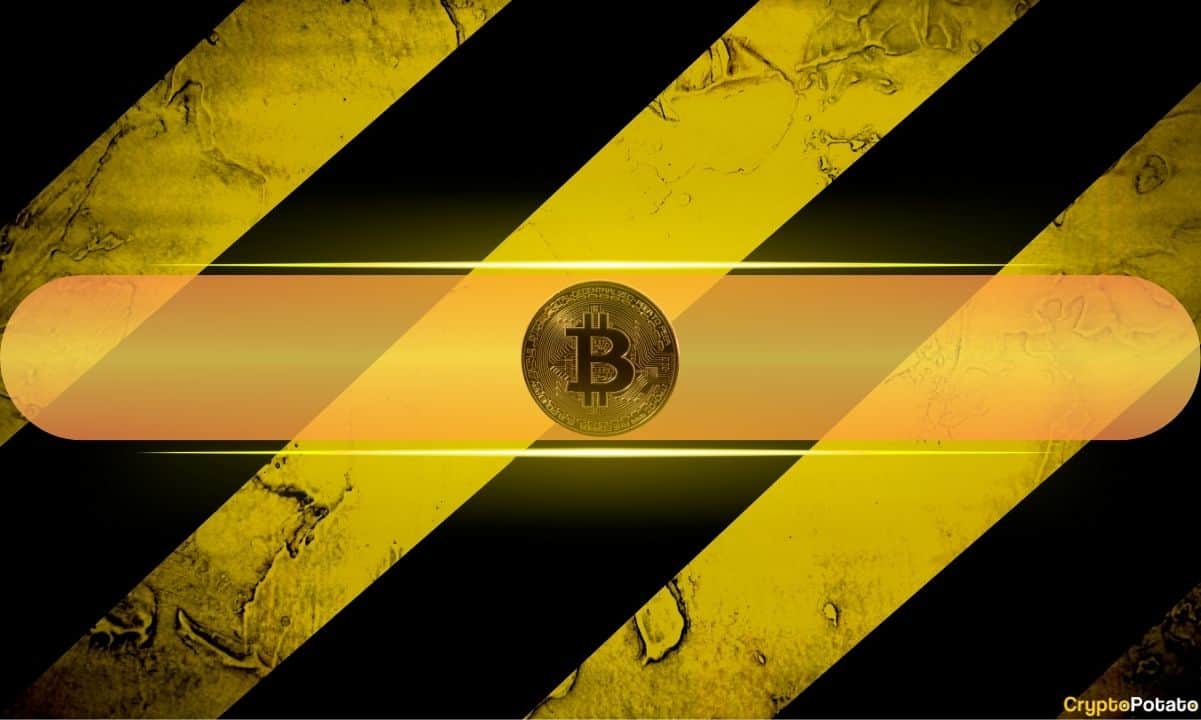Blockchain technology changed how people think about money and banking. When Bitcoin launched in 2009, it introduced the idea of decentralization. This led to the growth of decentralized finance (DeFi). DeFi platforms allow users to lend, borrow, and trade assets without banks or middlemen. But traditional banks have stayed cautious. One reason is the lack of regulation.
Now, a new type of blockchain could change this. Regulated blockchains offer a way to mix DeFi innovation with legal safety. They can build trust between banks and blockchain users.
Why DeFi Is Growing Fast
DeFi platforms run on smart contracts. These are programs on blockchains that automate financial services. They remove the need for human control or custody. Users interact directly with these programs to trade, earn yields, or take loans.
In Nigeria, DeFi is growing fast. Users are turning to DeFi for better access to financial tools. Many people in the country are underserved by banks. DeFi offers an alternative. In 2023 alone, Nigerians received over $30 billion through DeFi platforms.
Here’s what DeFi offers:
DeFi Feature | Benefit |
Smart Contracts | No need for middlemen |
Global Access | Services open to anyone with internet |
Fast and low-cost payments worldwide | |
Yield Farming | Users earn returns on crypto holdings |
Nigeria’s Changing Regulatory Landscape
The Central Bank of Nigeria banned banks from working with crypto firms in 2021. But in December 2023, it reversed that decision. This marked a shift in thinking.
In 2024, Nigeria’s SEC launched ARIP, a fast-track registration program for crypto firms. By 2025, the country had formally recognized digital assets as securities. These steps show that regulation is catching up with technology.
Banks, however, still remain careful. They want clearer guidelines. They also want assurance that any DeFi system they adopt is safe, legal, and transparent.
What Makes a Blockchain “Regulated”
A regulated blockchain is different from an open, anonymous one. It includes built-in rules and controls. These help ensure safety and compliance. It also makes it easier for banks to trust and use the system.
Regulated blockchains have four layers:
Layer | Purpose |
Infrastructure | Enables programmability, immutability, and transparency |
Regulatory | Applies AML, KYC, and other compliance measures |
Product Layer | Includes smart contracts and token functionality |
External Interface | Connects blockchain to external systems and services |
This setup helps create a safe environment for users and banks. It allows real-time audits and ongoing oversight by regulators.
Real-World Example: Zone’s Role
Zone is one of the key players in Nigeria building regulated blockchain systems. It received approval in 2022 as a payment switch. In 2024, it partnered with the Nigeria Inter-Bank Settlement System (NIBSS). This allowed it to launch a blockchain-based Point-of-Sale (PoS) system.
Today, Zone helps process ATM transactions for over a dozen banks. It is also deploying new blockchain services that follow all regulatory standards.
This model shows how DeFi and banking can work together safely.
Banks Slowly Embrace Change
Traditional banks are starting to pay attention. They see how fast fintechs are growing. Many now want to explore blockchain before they are left behind.
Zone expects 2025 to be a year of strong growth. With government backing and clear rules, more banks may join the regulated DeFi space.
The Nigerian government is also supporting the shift. In May 2025, the Ministry of Communications and Digital Economy began working on a National Blockchain Policy. This builds on earlier strategies to guide safe blockchain adoption.
Learning from Global Trends
Nigeria isn’t alone. Around the world, countries are exploring how blockchain fits into finance:
- United States: JP Morgan created its own blockchain platform.
- Singapore and Canada: Central banks are testing blockchain for interbank payments.
- Switzerland: Clear guidelines support blockchain in finance.
- South Africa: Absa Bank launched a blockchain cross-border payment tool.
These examples show that banks and blockchain can work together—when the system is well-regulated.
A regulated blockchain could be the missing piece that connects DeFi with traditional banking. It brings together the innovation of decentralization and the trust of regulation. This helps banks stay competitive and helps users access better financial services. With the right rules and tech, Nigeria and other countries can build a safer, more inclusive financial future.
Remember, investing in cryptocurrencies involves risks, and it’s important to conduct thorough research and seek professional advice before making any financial decisions. (Please keep in mind that this post is solely for informative purposes and should not be construed as financial or investment advice.)

















 English (US) ·
English (US) ·